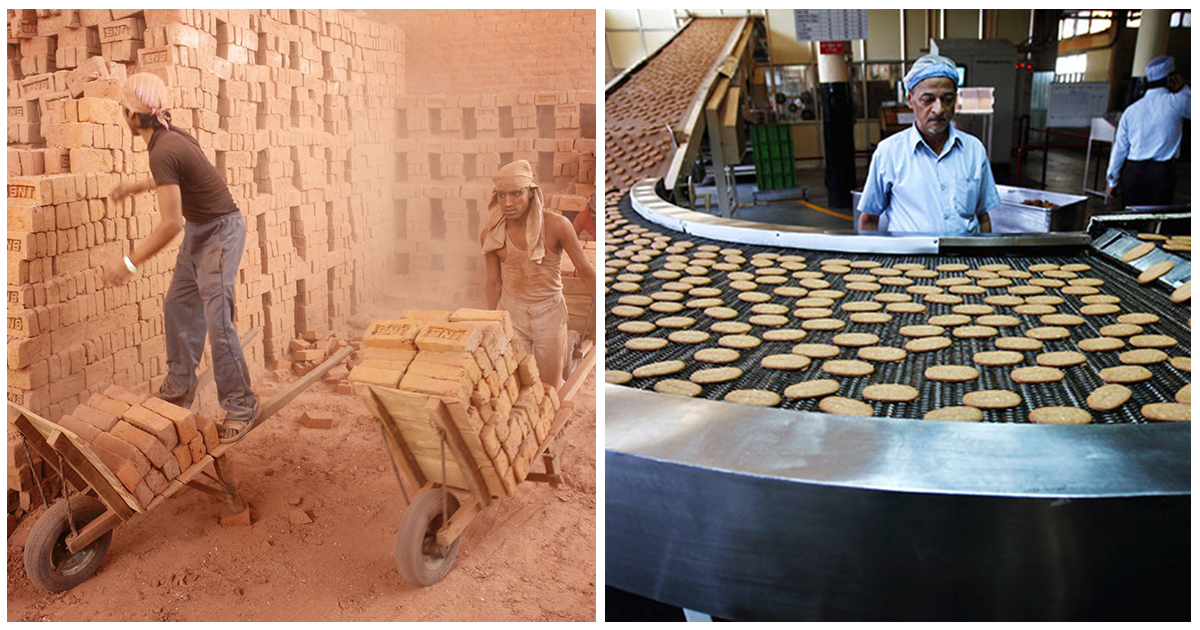The GST is going to happen in a month time and few industries are way disappointed with the GST rate framed by the council. Few industries have come forward demanding concession in rates citing the mass use of their products. The are also seeking lower rates in comparison to other products in the segment.
Meanwhile, Biscuit makers have demanded exemption from GST as the biscuits are used on daily basis and cost less than Rs 100 per Kg. According to them, as the products iOS consumed more than bread on daily basis, therefore, it must be kept out of GST.
While the bricks that made from the fly-ash and it is widely produced by coal-based thermal power stations are seeking concession as the red clay bricks have been levied with 5% GST. The GST Council, earlier this month, proposed that the sand lime bricks and fly ash bricks will draw 12% GST, while cement bricks will be kept under 28% GST.
The GST Council will be meeting on 3rd June to finalize tax rates on a few commodities like biscuits, footwear, jewellery, etc. The Council already put the tax schedule on 18 May and stated that it may undergo some changes. That is the reason, the industries are seeking concession on different levels.
Read Also: Necessary Points Towards Making Your Business GST Compliant
According to Mayank Shah, category head, Parle Products Pvt. Ltd, the nearly 800 manufacturing units making biscuits falling in this category will not be able to increase prices if these are subject to GST, considering that consumers in this segment are price-sensitive. At present, this category is exempt from central excise duty. “These manufacturing units bank on large volumes and work on very thin margins,” said Shah.
The fly ash brick makers fear that the proposed 12% GST on sand lime and fly ash bricks and the 28% tax on cement bricks will put the industry into bad times. This rate will increase the infrastructure cost and the housing will become expensive in the coming five years.
“The 12% tax on sand lime and fly ash bricks will lead to the closure of more than 20,000 small and medium enterprises producing them across the country”, said Avinash Pareek, Secretary, Association of Fly Ash Products Manufacturers (AFAPM).
Recommended: Impact of GST on Real Estate Sector in India
On the other hand, the government is taking note of the availability of tax credits that will help in lessening the tax burden on the industry.











Yes it will reduce tax burden . But finally who pays it the consumers. It looks like the gst has messed up everything , the tax rates are so high on many commodities and sub categories, it seems the gst is designed for closing small and meldium scale enterprises. Just 2 rates of 5 n 12% would have done wonders for a start. The returns fileing should have been made simple. To file 1 return check 4-5 times in a month …Waw…kill small traders.